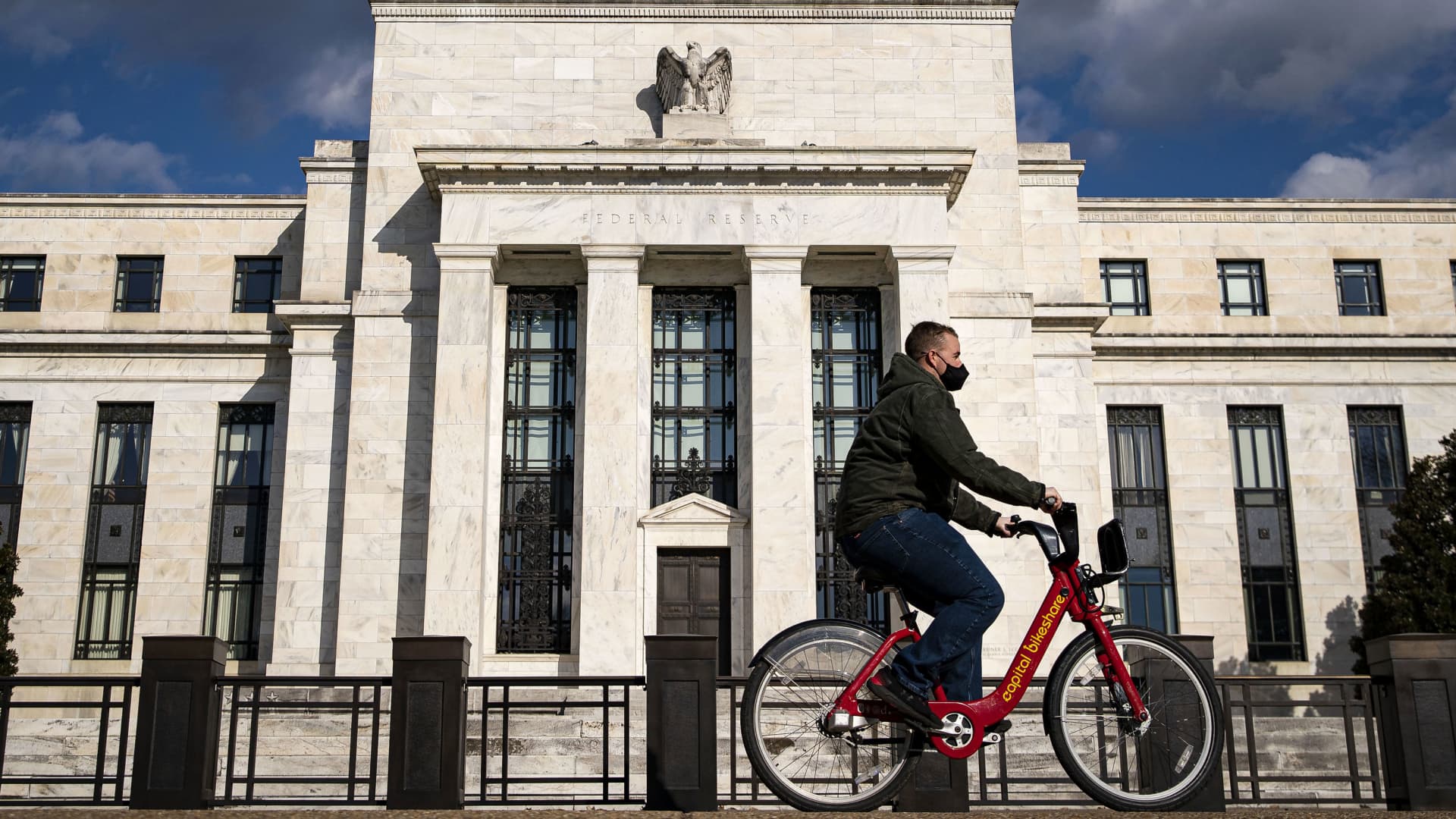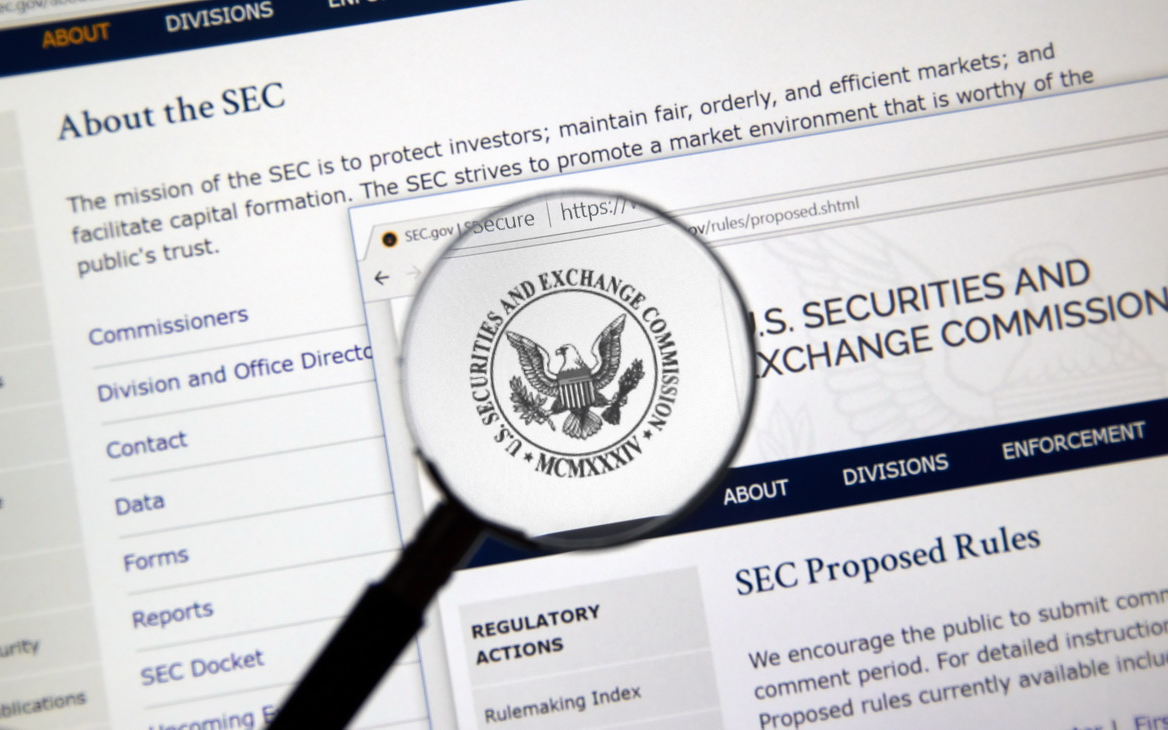The collapse at the end of March of the two hedge funds that the Swiss bank has worked with could put it at heavy losses. In this regard, the risk director and the head of the investment division may be fired.
The management of the Swiss financial conglomerate Credit Suisse Group AG is considering the possibility of changing the chief risk officer of Lara Warner in connection with a number of management decisions that could lead to multibillion-dollar losses. This is reported by Bloomberg, citing sources who were notified of what was happening.
We are talking about the collapse of Greensill Capital and Archegos Capital. A $ 140 million security loan that Credit Suisse issued to the firm of financier Lex Greensill was declared in default. The Swiss conglomerate, along with Greensill Capital, managed a $ 10 billion group of funds that is now being liquidated.
Archegos Capital's collapse of stock investor Bill Hwan is related to opaque hedge fund transactions that forced him to urgently sell off his assets at the end of March. Archegos' margin call brought down the quotes of several technology giants (ViacomCBS, Discovery, Baidu, Tencent Music) and led to losses at once for several of its brokers - Credit Suisse, Nomura, Goldman Sachs and Morgan Stanley.
What happened to Archegos
The Wall Street Journal reported that on Friday, March 26, Morgan Stanley, Goldman Sachs and Deutsche Bank were getting rid of large stakes.
Investment banks sold shares of media conglomerates ViacomCBS and Discovery, Chinese companies Baidu and Tencent Music and other positions. During the day on Friday, investors bought back securities from Goldman Sachs for $ 10.5 billion, from Morgan Stanley - for $ 8 billion. According to WSJ sources, about $ 30 billion in shares passed from hand to hand on that day.
On Monday, March 29, the stock sale continued. Wells Fargo made most of the sales, according to Bloomberg. The bank sold five blocks of shares - for a total of $ 2.14 billion:
ViacomCBS - 18 million shares at $ 48 per share;
Baidu - 2.8 million depositary receipts at $ 198 per share;
Farfetch, online platform for selling luxury apparel at retail - 5 million shares at $ 47 each;
Vipshop - 12 million depositary receipts at $ 28.5 per share;
Iqiyi, a Chinese video platform - 8.5 million depository receipts at $ 16.5 per share.
Morgan Stanley dumped about 20 million shares of mortgage company Rocket Cos on the market for $ 0.5 billion. Credit Suisse and Nomura also said they were closing significant positions. At the same time, both financial organizations wrote in press releases that they would incur significant losses because of this.
“Bulk deals, that is, the sale of a large number of shares at a price that is sometimes agreed outside the market, is common, but the scale of these deals and their number is not,” Bloomberg noted in this regard. According to the calculations of the publication, the total capitalization of companies whose shares were sold on Friday and Monday fell by $ 35 billion.
“I've never seen anything like it in my 25-year career,” Michel Keusch, portfolio manager at Swiss Bellevue Asset Management AG, told Bloomberg.
Later it became known that the large blocks of shares thrown onto the market belong to the hedge fund Archegos Capital Management. In 2020, this fund opened large positions in a number of companies using leverage, that is, money borrowed from brokers.
After the shares of ViacomCBS and some other companies fell, the fund began to suffer losses. Against this backdrop, brokers demanded that Archegos increase the amount of collateral, but he was unable to meet the brokers' margin requirements. Banks were forced to close fund positions in order to limit their own losses.
Bloomberg interlocutors said that most of the leverage to the fund was provided by banks through swaps and contracts for difference. This made it possible for Archegos not to disclose its positions in regulatory documents, since they were on the balance sheets of banks. “This means that Archegos may never have owned most of the securities,” the newspaper writes.
“This is a black eye for the financial industry because what happened suggests that there may still be no full control over risk when it comes to leveraged trading,” summed up Rick Meckler of Cherry Lane Investments.





